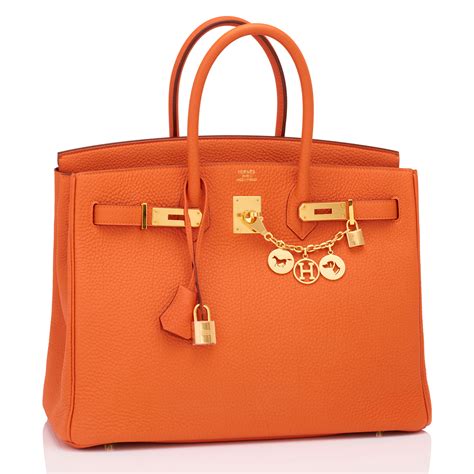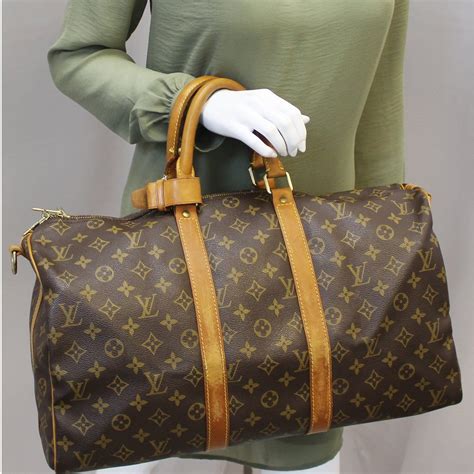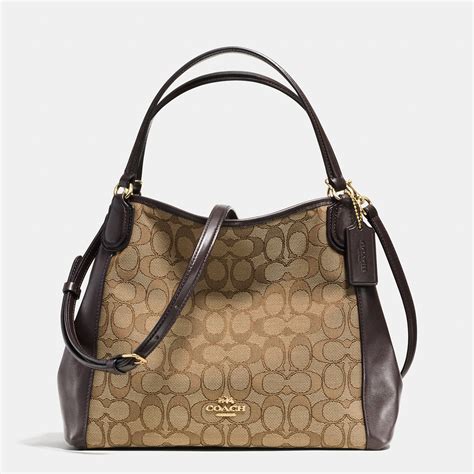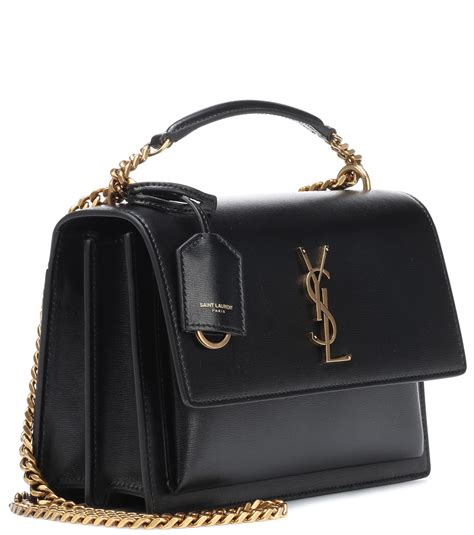fake black & white gucci bags | Rachel Dolezal
$166.00
In stock
This title, seemingly about counterfeit luxury goods, serves as a metaphorical entry point to a far more complex and controversial topic: the deliberate adoption and presentation of a racial identity that differs from one's biological ancestry and lived experience. Just as a fake Gucci bag attempts to mimic the appearance and prestige of an authentic one, individuals like Rachel Dolezal, and discussions surrounding cases like those of Mindy Kaling's brother, or even the appropriation of cultural symbols within the context of "fake black history," raise profound questions about identity, authenticity, appropriation, and the very definition of race.
This article will delve into the nuances of this complex issue, exploring cases of racial misrepresentation, examining the motivations behind such actions, and analyzing the societal impact and ethical considerations they raise. We will navigate the treacherous terrain of cultural appropriation, the subjective nature of identity, and the pain and offense caused when individuals falsely claim membership in a marginalized group.
The Mimic/Temu Black/Simmone: The Allure of Imitation
The world of counterfeit goods, readily available on platforms like Temu, provides a superficial parallel to the issue of racial misrepresentation. These "mimic" products, like fake black and white Gucci bags, are designed to capitalize on the desirability and perceived value associated with the authentic item. They offer a shortcut to status and belonging, a way to project an image without the investment or inherent right to do so.
Similarly, individuals who "fake blackness" may be drawn to the perceived cultural capital, social advantages, or sense of belonging they believe come with identifying as Black. This can manifest in various ways, from adopting Black hairstyles and speech patterns to fabricating personal narratives of racial discrimination. The underlying motivation, whether conscious or unconscious, often involves a desire to benefit from the social and cultural currency associated with Black identity, without having genuinely experienced the realities of being Black in a society still grappling with systemic racism.
The "Simmone" reference, while potentially alluding to a specific instance or meme, highlights the performative aspect of this phenomenon. It suggests a conscious effort to craft an image or persona that aligns with a perceived ideal of Blackness, often based on stereotypes and superficial understandings of Black culture. This performance can be deeply offensive to Black individuals who experience their identity as a lived reality, not a costume to be donned and discarded at will.
Fake Black: A Spectrum of Deception
The term "fake black" encompasses a wide range of behaviors, from outright lies about racial ancestry to more subtle forms of cultural appropriation. It is important to distinguish between genuine admiration and appreciation for Black culture and the deliberate attempt to deceive others into believing one is Black.fake black & white gucci bags
One end of the spectrum involves individuals who actively and intentionally fabricate a Black identity, often for personal gain or social advantage. This can include changing one's appearance through tanning or cosmetic surgery, adopting a Black-sounding name, and constructing a false family history. These actions represent a clear act of deception and can be deeply harmful to Black individuals who are denied opportunities or resources that are instead given to someone who is falsely claiming to be one of them.
The other end of the spectrum involves individuals who engage in cultural appropriation without necessarily intending to deceive. This can include wearing Black hairstyles without understanding their cultural significance, using African American Vernacular English (AAVE) without being part of the Black community, or profiting from Black cultural forms without giving proper credit or compensation to the creators. While these actions may not be explicitly intended to "fake blackness," they can still be harmful and disrespectful, as they often perpetuate stereotypes and contribute to the erasure of Black culture.
Rachel Dolezal: The Defining Case
Rachel Dolezal's case remains the most prominent and controversial example of racial misrepresentation in recent history. Born to white parents, Dolezal rose to prominence as an activist and president of the NAACP chapter in Spokane, Washington, while presenting herself as a Black woman. Her deception was eventually exposed, leading to widespread outrage and condemnation.
Dolezal's case sparked a national debate about the nature of race and identity. Some argued that she had the right to identify as Black, regardless of her biological ancestry, while others argued that her actions were a form of cultural appropriation and a betrayal of the Black community.
Dolezal's motivations remain unclear. She has claimed that she identifies as Black because of her lived experiences and her deep connection to Black culture. However, critics argue that her actions were driven by a desire for attention and social power.
Regardless of her motivations, Dolezal's case highlights the complexities and sensitivities surrounding race and identity. It raises questions about the boundaries of self-identification, the importance of biological ancestry, and the potential for harm when individuals falsely claim membership in a marginalized group.
These Hilarious Fake Black History Tweets Are Guaranteed To...
This seemingly innocuous phrase points to a darker side of online humor and its potential to trivialize and distort Black history. While satire and parody can be powerful tools for social commentary, they can also be used to perpetuate stereotypes and misrepresent historical events. "Fake Black History Tweets" often rely on exaggerated portrayals of Black figures and events, reducing complex historical narratives to simplistic and often offensive jokes.
This type of humor can be particularly harmful because it normalizes the misrepresentation of Black history and culture. It can also contribute to the erasure of Black voices and experiences, as authentic narratives are replaced with distorted and often inaccurate portrayals. Furthermore, the seemingly harmless nature of these "hilarious" tweets can mask the underlying racism and prejudice that they often perpetuate.
Additional information
| Dimensions | 8.2 × 5.6 × 2.5 in |
|---|







